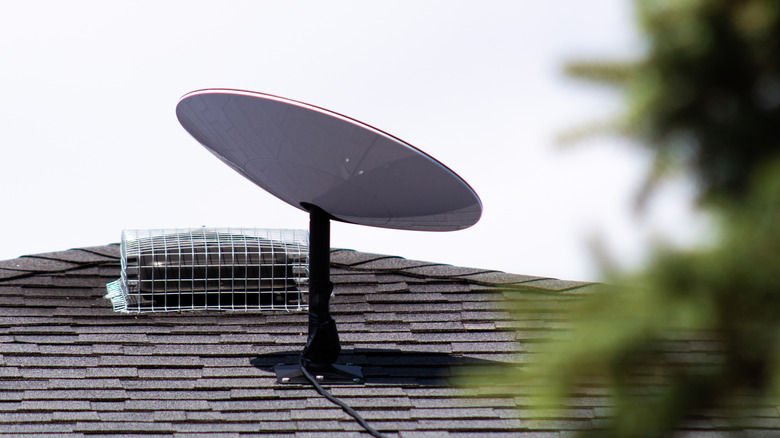SpaceX Wants To Provide School Buses With Satellite Internet
Elon Musk-led SpaceX wants to cover the entire planet with satellite internet offered by its Starlink system. Those ambitions now include moving school buses, too. The plans are ambitious, and SpaceX definitely has the satellite firepower to make it happen, but the company hasn't really been an apple of the government's eyes recently. SpaceX recently lost out on a meaty contract floated by the government to provide high-speed broadband internet services in rural areas.
The state of affairs has been a tad rosy on the commercial side of things, though. Starlink has slowly expanded its presence beyond antennas installed on rooftops and charging stations to vehicles that are on the move, and even war zones. Earlier this year, SpaceX announced that Starlink is expanding to cover boats and marine vessels. The company has also outlined ambitious expansion plans that will cover a healthy chunk of the world's oceans within the next decade.
Moving a step further, Starlink's next target is school buses. In the company's filing with the FCC, SpaceX notes that the Starlink satellite internet system can extend internet services to students in "areas underserved or entirely unserved by terrestrial alternatives." In doing so, SpaceX also emerges as one of the first satellite internet providers to move beyond airlines and target school-bound vehicles — with a goal of doing it with government support, of course.
Promising project, tricky road to approval
In its SEC filing, the company notes that it is already pilot testing the delivery of satellite internet services to school buses traveling on routes that take 60 minutes or more to cover. The core argument is that not all students have access to internet services at home, especially those in rural areas or those hailing from underprivileged backgrounds. SpaceX notes that "Connecting school buses will afford students the ability to optimize their commute time for necessary educational internet use."
With its SEC filing, SpaceX is pushing forward a request before the commission to make necessary tweaks to the Eligible Services List and include SpaceX services and equipment in its ambit. Depending on the outcome of SpaceX's request, the company concludes that it "can immediately provide Wi-Fi on school buses." SpaceX, however, hasn't detailed if it will be making any custom antennas — or modifications to the existing models — to handle school buses.
However, getting the SEC's approval won't exactly be a cakewalk, and that mainly has to do with the fact that Starlink is still seen as a work in progress. The main argument behind tossing the SpaceX proposal for covering rural areas with government funding was that Starlink is deemed a technology in its development phase and that its services didn't really meet the performance expectations.

